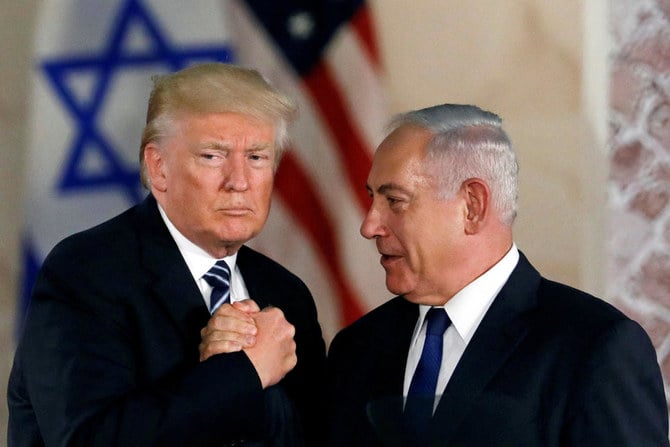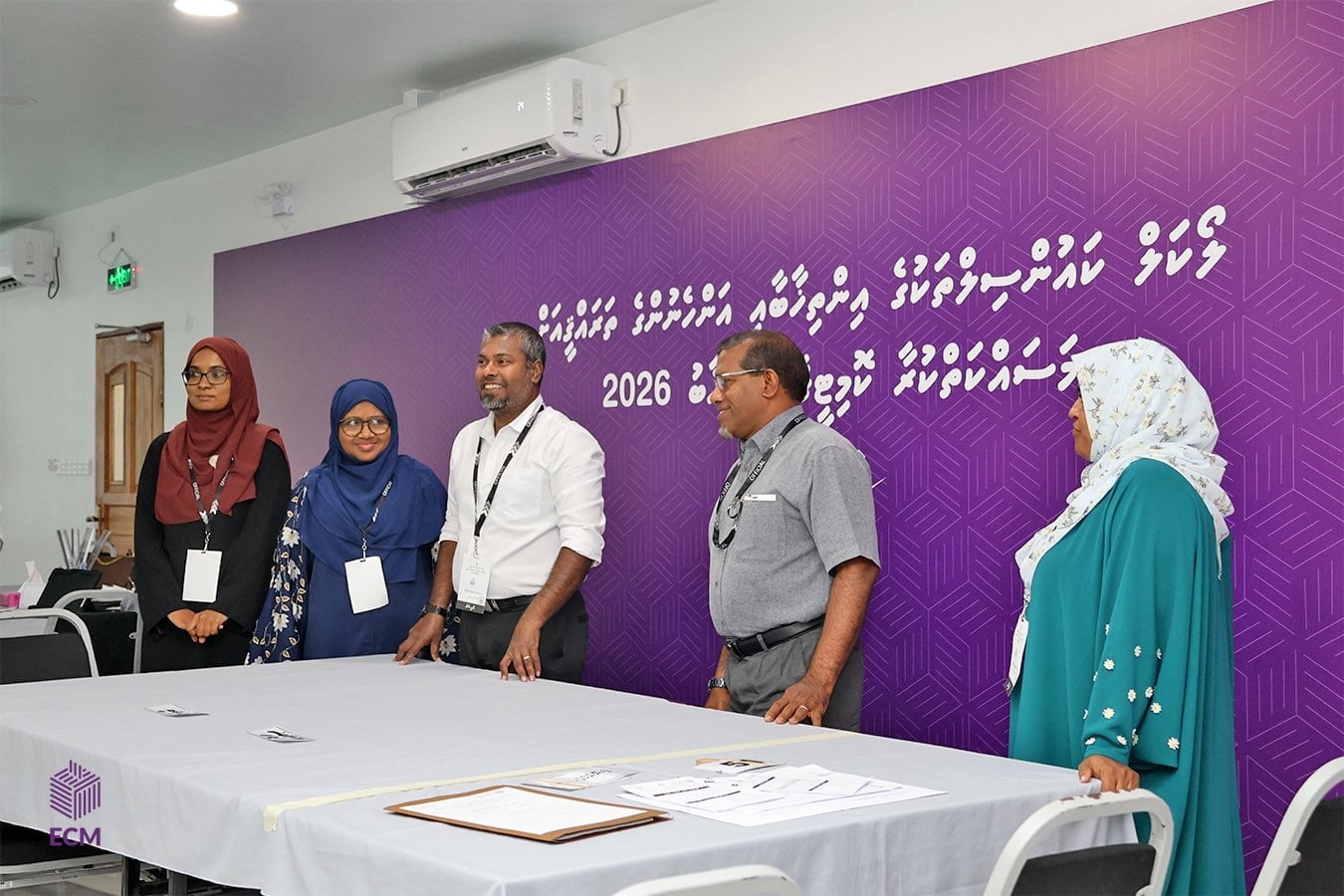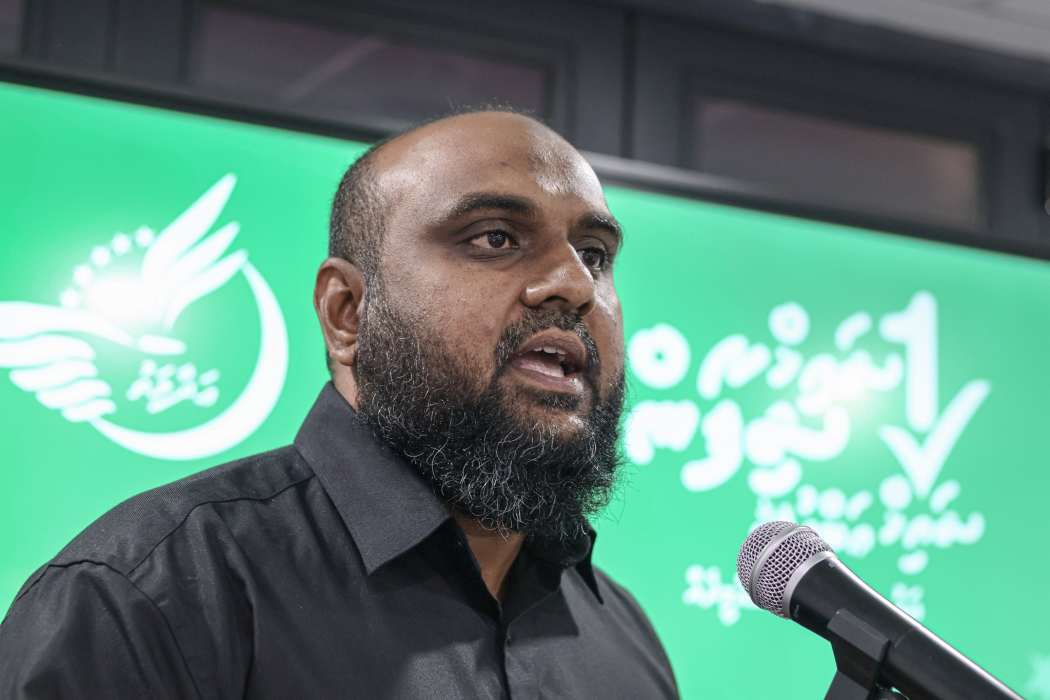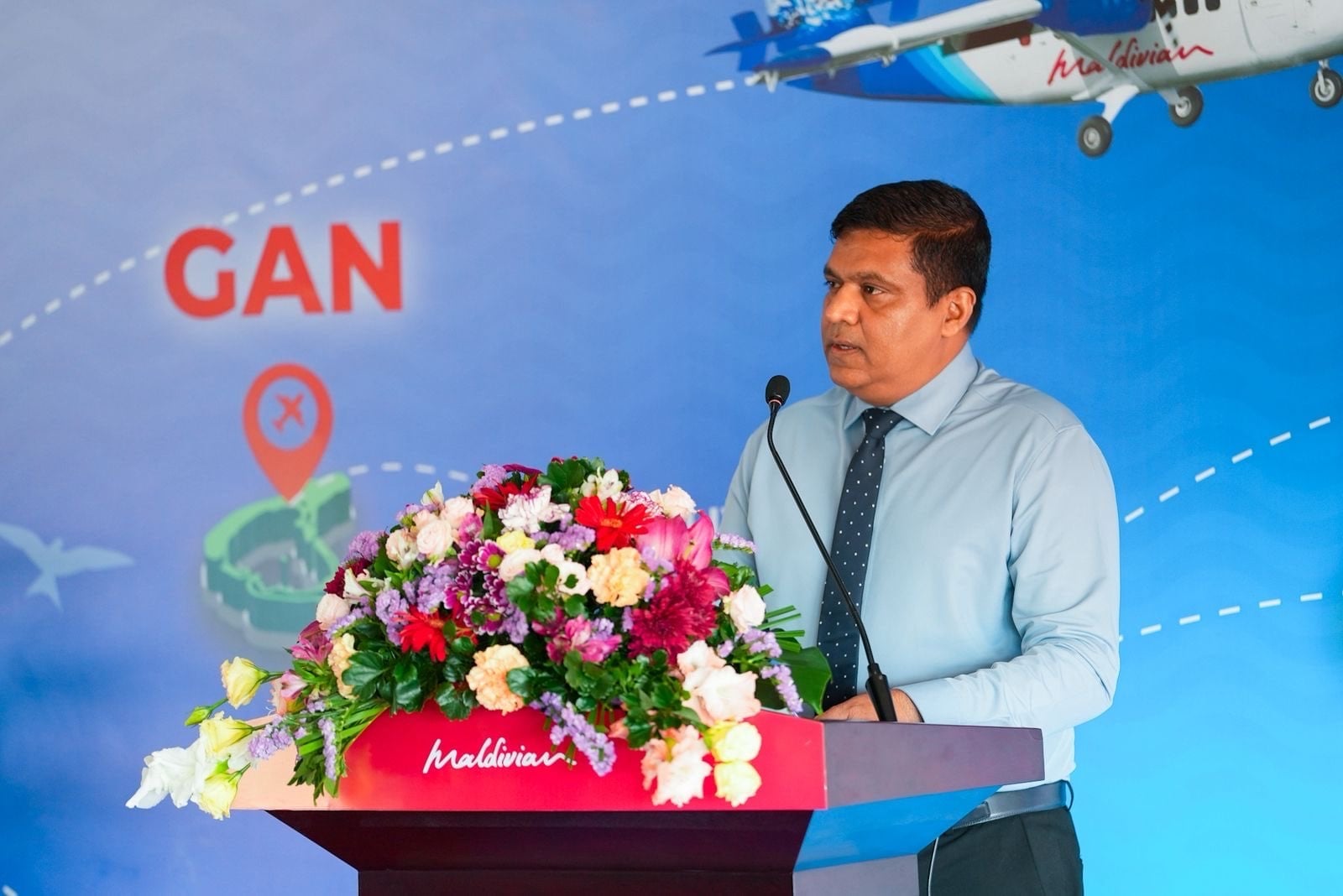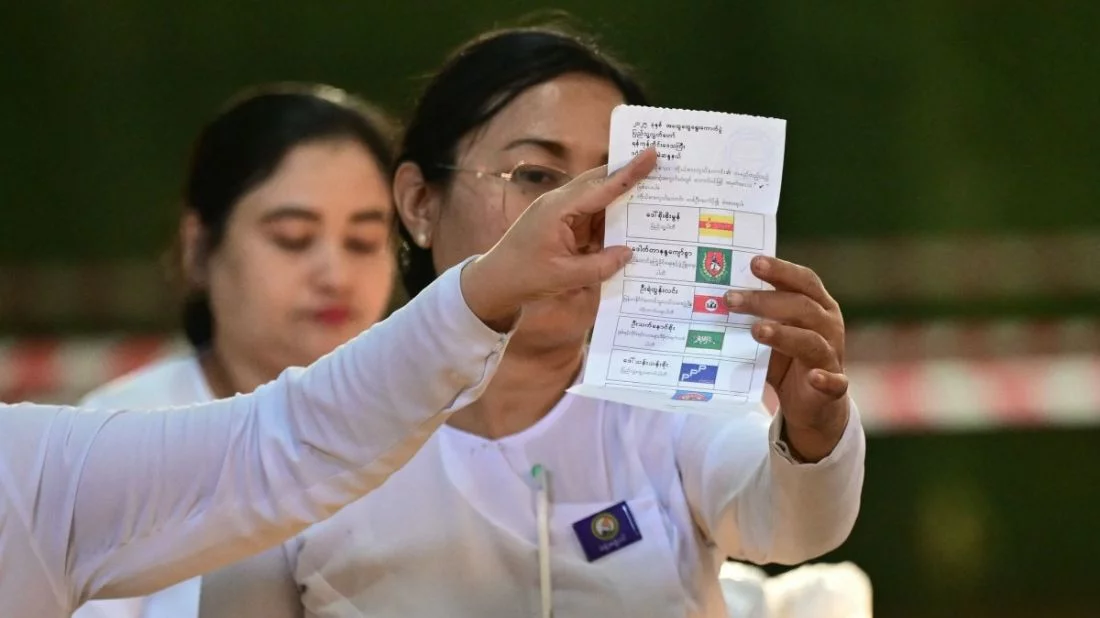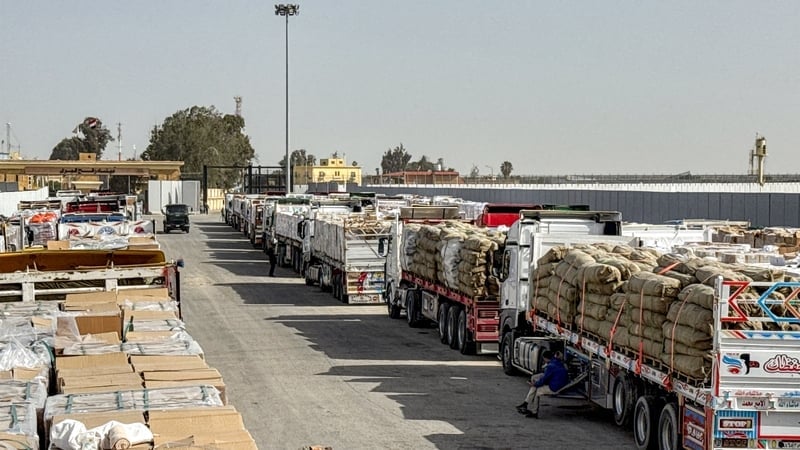Former President Donald Trump weighed in on the ongoing conflict between Israel and Hamas, urging Israel to swiftly conclude its offensive in Gaza while expressing concerns about waning international support for the country's actions.
In an interview with Israeli newspaper Israel Hayom, Trump indicated that he would have responded similarly to Israel following the October 7 attack by Hamas. However, he emphasized the importance of bringing the conflict to a close, stating, "You have to finish up your war. You have to finish it up. You’ve got to get it done."
Highlighting the need for peace and cautioning against prolonged hostilities, Trump warned Israel about the repercussions of losing global support. He remarked, "Israel has to be very careful because you are losing a lot of the world. You are losing a lot of support."
Despite his critique of Israel's offensive, Trump has previously criticized President Joe Biden's handling of the conflict. His remarks come amidst growing international condemnation of Israel's actions in Gaza.
According to the transcript of the interview published by the newspaper, Trump criticized Israel's decision to release photos and videos of its offensive, suggesting that it has damaged the country's public image. He stated, "Israel made a very big mistake... It's a terrible portrait. It's a very bad picture for the world."
While Trump acknowledged Israel's desire to demonstrate strength, he cautioned against actions that could further tarnish its global reputation.
The former president's comments underscore the complexity of the situation in the Middle East and the challenges faced by both Israel and its supporters in navigating international opinion amid ongoing conflicts.
As the conflict in Gaza persists, Trump's remarks add to the broader conversation surrounding efforts to achieve lasting peace and stability in the region, underscoring the importance of strategic decision-making and diplomatic engagement.
In an interview with Israeli newspaper Israel Hayom, Trump indicated that he would have responded similarly to Israel following the October 7 attack by Hamas. However, he emphasized the importance of bringing the conflict to a close, stating, "You have to finish up your war. You have to finish it up. You’ve got to get it done."
Highlighting the need for peace and cautioning against prolonged hostilities, Trump warned Israel about the repercussions of losing global support. He remarked, "Israel has to be very careful because you are losing a lot of the world. You are losing a lot of support."
Despite his critique of Israel's offensive, Trump has previously criticized President Joe Biden's handling of the conflict. His remarks come amidst growing international condemnation of Israel's actions in Gaza.
According to the transcript of the interview published by the newspaper, Trump criticized Israel's decision to release photos and videos of its offensive, suggesting that it has damaged the country's public image. He stated, "Israel made a very big mistake... It's a terrible portrait. It's a very bad picture for the world."
While Trump acknowledged Israel's desire to demonstrate strength, he cautioned against actions that could further tarnish its global reputation.
The former president's comments underscore the complexity of the situation in the Middle East and the challenges faced by both Israel and its supporters in navigating international opinion amid ongoing conflicts.
As the conflict in Gaza persists, Trump's remarks add to the broader conversation surrounding efforts to achieve lasting peace and stability in the region, underscoring the importance of strategic decision-making and diplomatic engagement.



